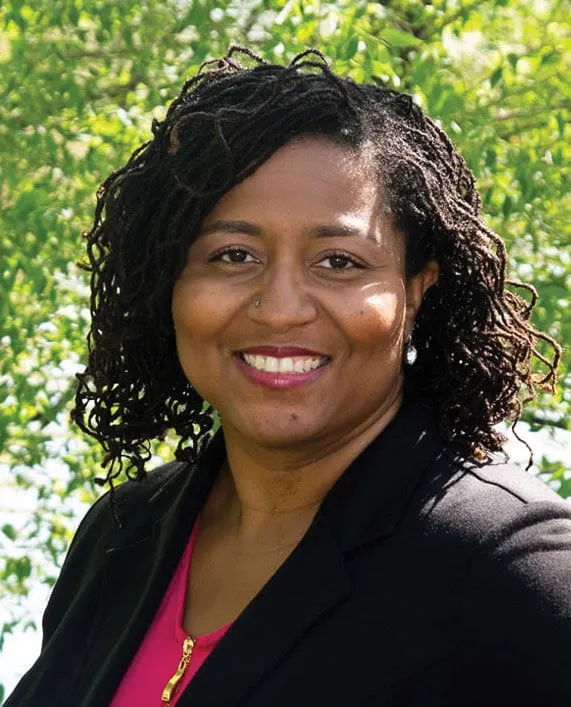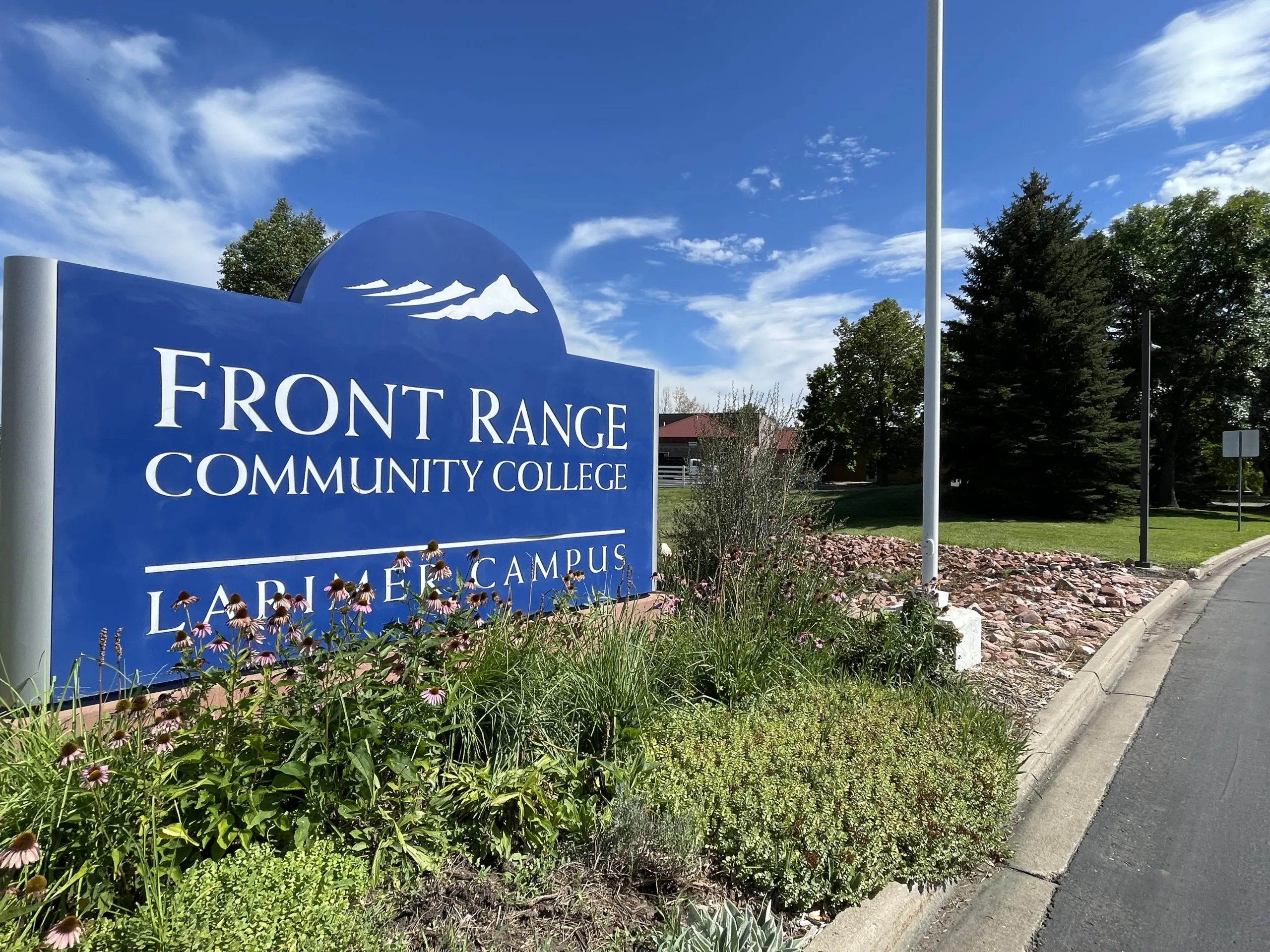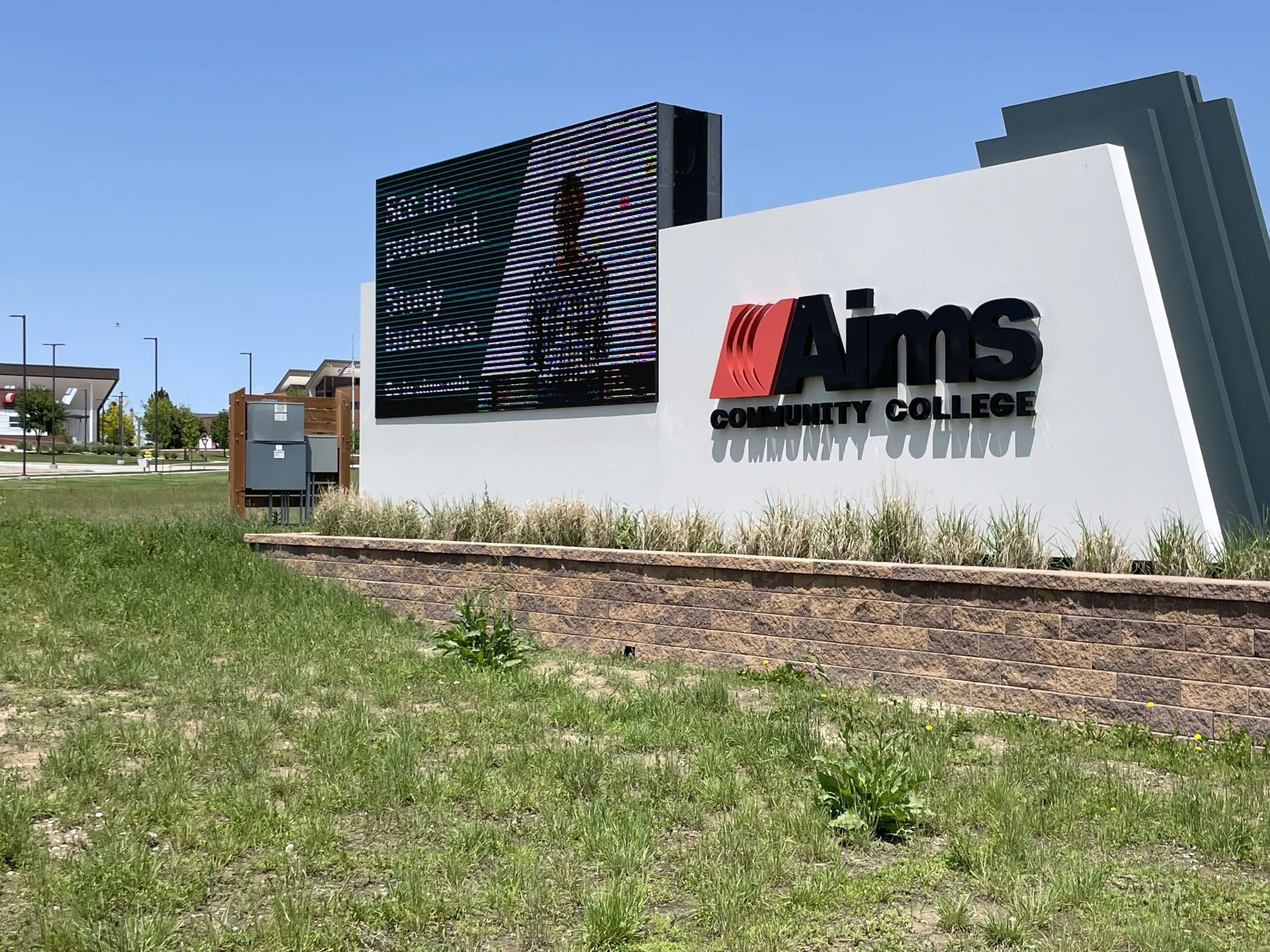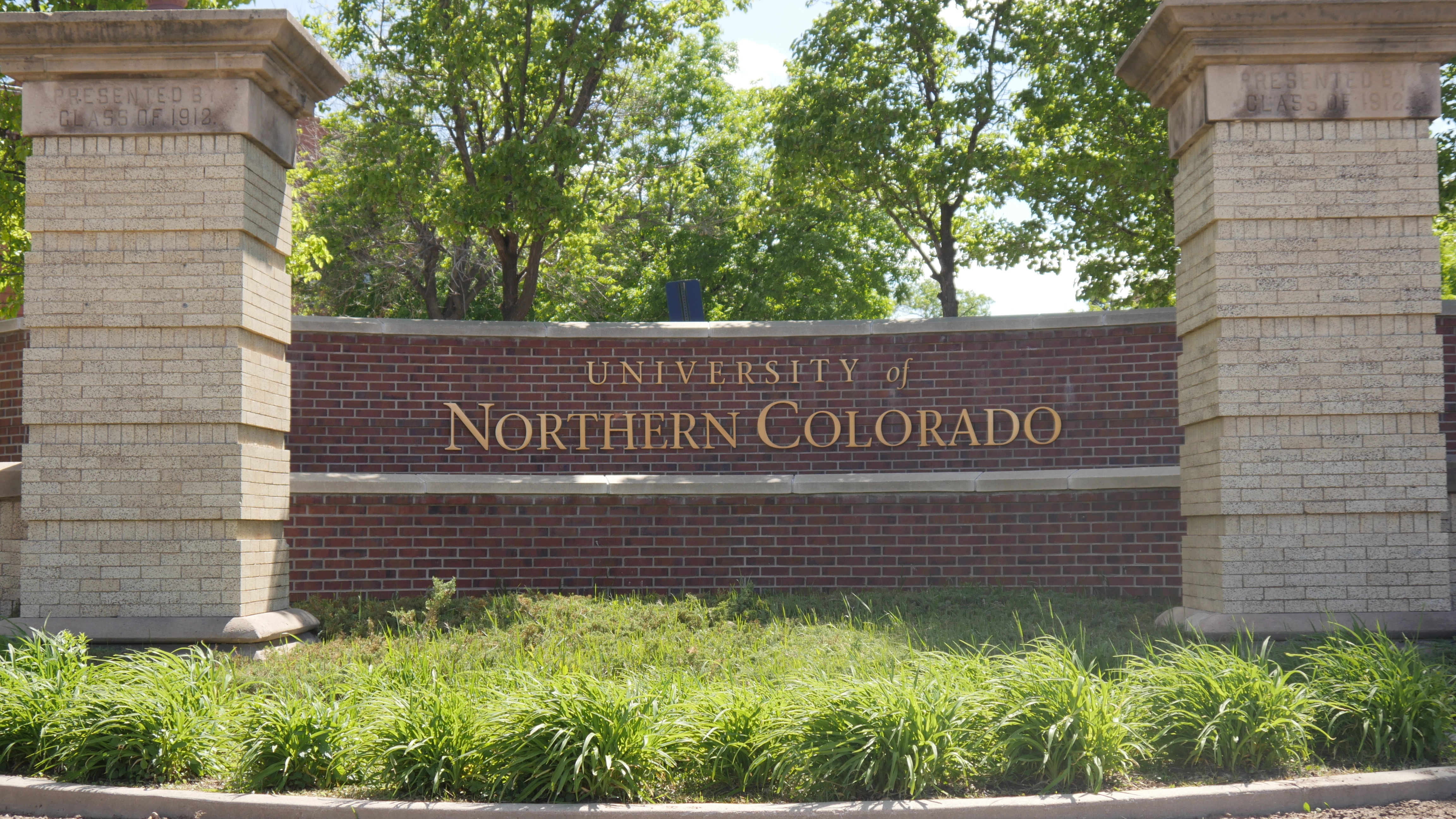Intel site manager at home virtually anywhere

FORT COLLINS — Tamara Wesley is feeling all right, and right at home, wherever that is these days.
Indeed, wherever that has been the past four decades is pretty much OK for the Gary, Indiana, native and some 20 years later Georgia Tech grad. Also for the Intel Corp. intern and some 20 years later Intel Corp. site manager in Fort Collins.
For the wide-eyed teen wondering if she could be an engineer and some 20 years later, mom of two young adults, it’s still OK. Now, in the 18th month of what feels like a 20-year pandemic, she wouldn’t mind being…
THIS ARTICLE IS FOR SUBSCRIBERS ONLY
Continue reading for less than $3 per week!
Get a month of award-winning local business news, trends and insights
Access award-winning content today!



